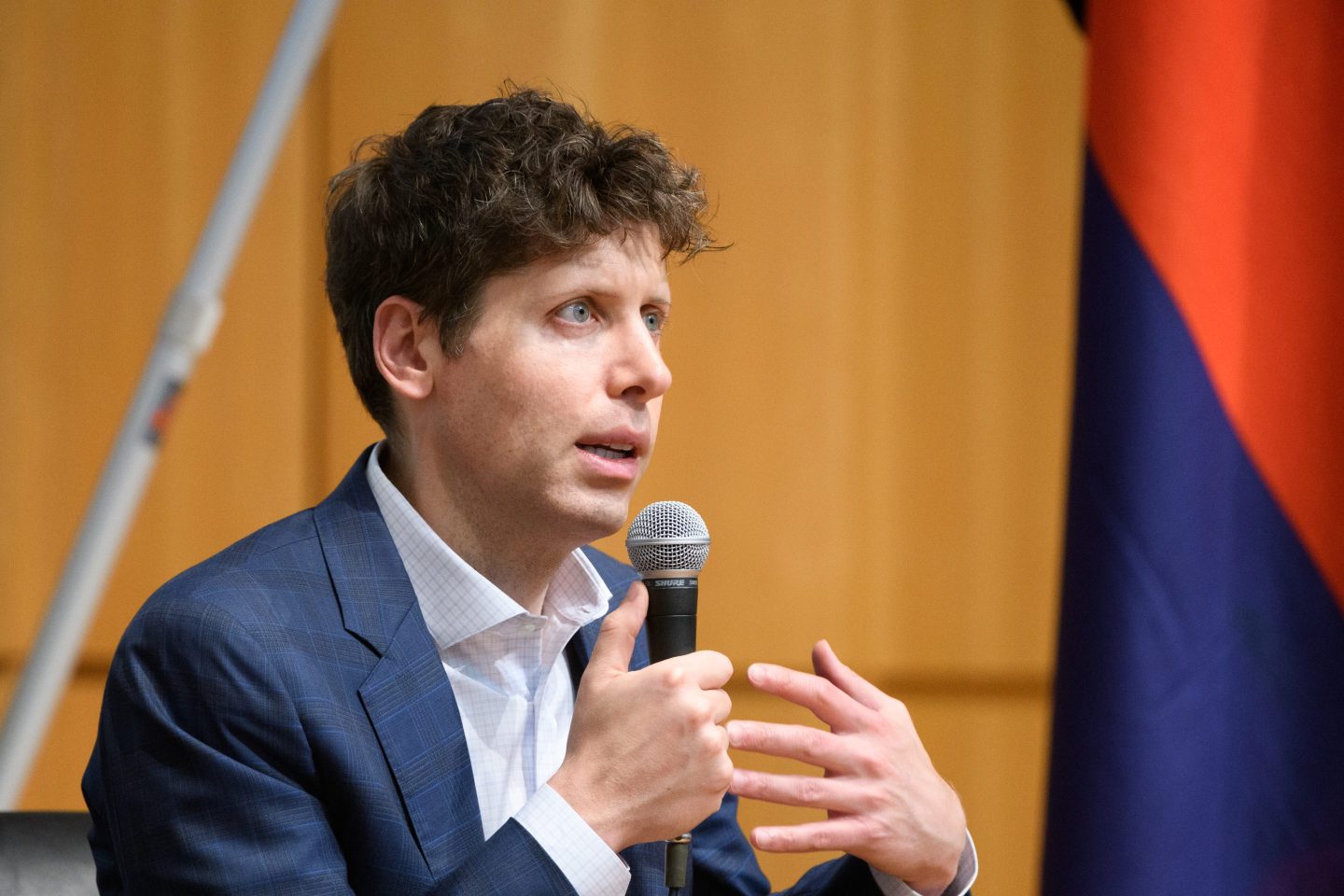Generative A.I. has captured the attention of nearly every company, but many are still unsure what to do with it. The folks at the McKinsey Global Institute have a new report out today that looks at potential use cases. And they see plenty. “Generative A.I. could add the equivalent of $2.6 trillion to $4.4 trillion annually across the 63 use cases we analyzed”—an amount they note is around the size of the United Kingdom’s GDP.
Interestingly, 75% of the value they found comes from four use cases, which are already starting to take hold:
—Customer operations. Generative A.I. has its clearest application here by automating natural language interactions with customers. Half of customer contacts made by banking, telecommunications and utility companies in North America are already handled by machines. Generative A.I. could further reduce human-serviced contacts “by up to 50%.”
—Marketing and sales. Generative A.I. can quickly create personalized messages tailored to individual customer interests, and also create first drafts of brand advertising, slogans, social media posts and product descriptions.
—Software engineering. By generating initial code drafts, correcting and refactoring code, and otherwise accelerating the coding process, generative A.I. could replace 20% to 45% of current spending on this function.
—Product R&D. Life sciences and chemical industries have begun using generative A.I. foundation models for what is known as “generative design”—generating candidate molecules and accelerating the development of new drugs and materials.
Which industries will be most affected? The research shows few will be untouched. But some of the big dollar productivity gains come from professional services, advanced manufacturing, banking, high tech, and retail. And unlike previous waves of technology, generative A.I. will have its greatest impact “in occupations requiring higher levels of educational attainment.”
The conclusion: “The scale and the scope of the workforce transitions described in this report are considerable…About a quarter to a third of work activities could change in the coming decade. The task before us is to manage the potential positives and negatives of the technology simultaneously.”
You can read the full report here. Also, check out Fortune’s new list of 13 people leading the A.I. revolution. Other news below.

Alan Murray
@alansmurray
alan.murray@fortune.com
TOP NEWS
Google A.I.
Google postponed plans to launch Google Bard, its A.I. product, in Europe this week due to regulator concerns over data protection. The Irish Data Protection Commission, which monitors Google's handling of European data, said Google did not provide enough documentation or a briefing on how Bard would comply with European Union rules on data protection. Politico
YouTube shopping
YouTube will open its shopping affiliate network to select users with over 20,000 subscribers as the video-sharing website tries to keep creators on its platforms. Video makers can now tag brands in their content and earn a commission if it leads to sales. YouTube’s competitors, like TikTok and Meta, are also testing programs to share revenue with creators—with limited success. Fortune
China outflow
More millionaires will leave China than any other country this year, forecasts wealth management consultancy Henley and Partners. A drive for “common prosperity” by President Xi Jinping may be prompting wealthy Chinese to move to escape scrutiny. Singapore is a popular destination, leading to a family office boom and skyrocketing property prices. Bloomberg
AROUND THE WATERCOOLER
Gen Z is incredibly ambitious. They’re just not interested in climbing your corporate ladder by Trey Williams
As regulators circle, Binance’s foundation—its BNB coin—is already crumbling by Shawn Tully
How Wall Street’s ‘Chaos Kings’ learned to thrive amid the great bond massacre of the 1994—and the Black Swan was born by Scott Patterson
‘We’re setting them up for failure’: Boomers supporting their Gen Z and young millennial children are having their retirements ruined and savings raided by Eleanor Pringle
The housing market is so detached from fundamentals that a leading research firm predicts the pause in home price declines is about to ‘prove temporary’ by Lance Lambert
This edition of CEO Daily was curated by Nicholas Gordon.
This is the web version of CEO Daily, a newsletter of must-read insights from Fortune CEO Alan Murray. Sign up to get it delivered free to your inbox.














